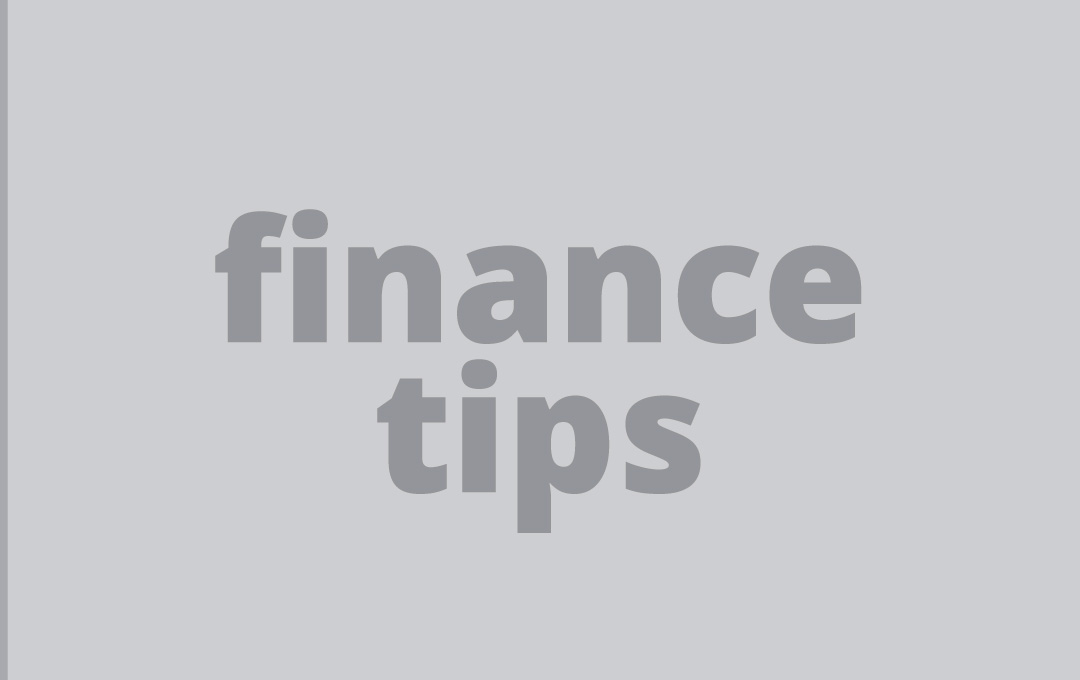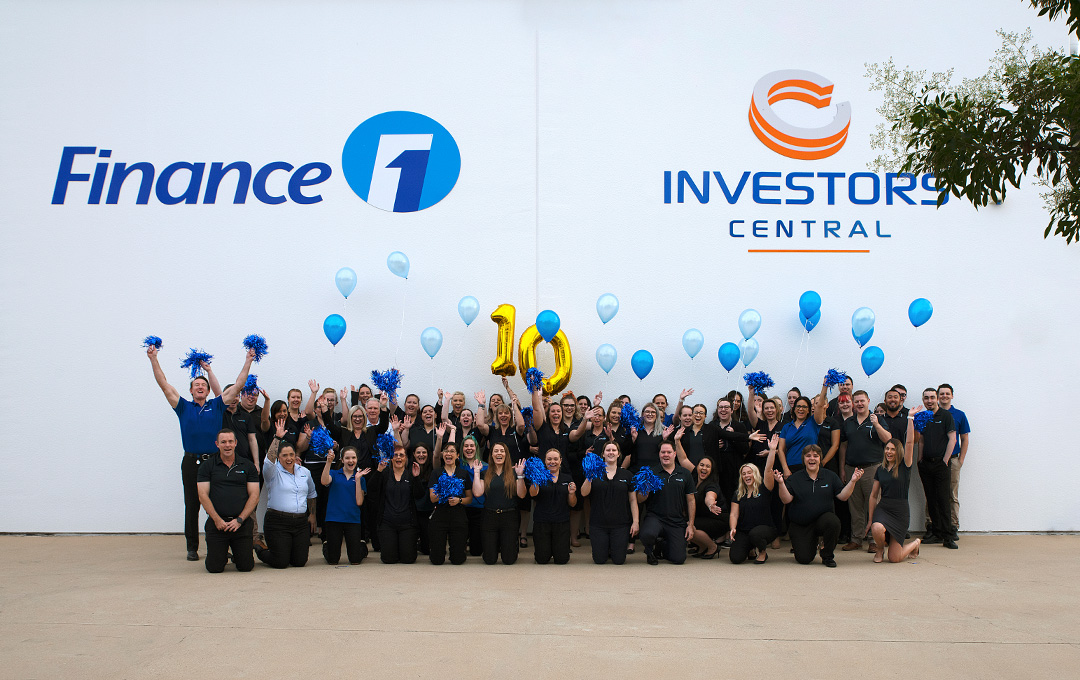For some of us, compulsive shopping seems to be ingrained in our DNA. You’ll go to the shopping centre intending to only get your groceries, and end up coming home with a hoard of other shinny things that were certainly NOT on the shopping list. It can happen to the best of us, but when it starts to become a habit and you have other, more important expenses to think about, it might be time to re-evaluate your spending ways.
If you’re in the market for a loan of any kind, you should at least have a budget in order (and sticking to it). Most financiers will go through your bank statements to evaluate your spending, and if it seems that you participate in massive spending sprees, you may be considered a liability. Get your frugality on and you could be coming home with more than just bigger savings.
When you go grocery shopping, only go grocery shopping
Shopping centres are created for one stop shopping, and this usually includes your groceries. When you head to the shops, make sure you only stay in the food section of the complex and avoid the temptation of retailers with big sale signs hanging in their windows. If you didn’t need what they are offering before, why do you need it now? By staying ignorant on your surroundings, you’ll be sure to save your pennies for a rainy day rather than a weekly splurge on a new dress.
It’s also important to point out that when you go grocery shopping, you should actually eat the food you buy. Too many people will spend big, and then are too lazy to actually cook the food. They then end up in the drive-thru to their closest fast food retailer and spend big. If you spend $12 a week on fast food (usual equivalent to one meal a week) you could be saying goodbye to $624 a year! The rule to live by is that if you have food in the fridge, eat it!
Make a list
It sounds simple, but making a list and sticking to it can be tricky. If you’re like any of us that get distracted by pretty things online or instore, you’re likely to impulse buy them instead of thinking about it. Next thing you know you’ll end up with a cupboard full of clothes and nowhere to wear them because you spent all your money and can’t afford occasions out.
You can make a list for food, clothes, and lifestyle expenses just to name a few. If you specify and budget with what you need, you’ll know how much to spend going in. Not doing so can be an unfortunate trap to fall into. For example, you may head into Kmart just needing a rubbish bin and leaving there with a whole new living room and a big dent in your bank account – AVOID THE TEMPTATION.
Sleep on it
Impulse buyers are people who can’t wait and need to have an item there and then. Sleeping on a purchase tends to give you perspective and you can decide whether you ‘need’ this item or simply ‘want’ it. Shocking, but you can live without something, even if you are slightly materialistic.
If all else fails in this department, call your mum or dad and I’m sure they’ll tell you how useless and expensive the purchase is – thanks for always keeping us grounded!
Make a target
There is nothing that deters impulsive spending like having a goal to save for. Say you want to have $5000 in your savings account in 4 months’ time, you’ll start cutting back on your spending and committing to the frugal life. If you want to make something happen badly enough, you’re almost guaranteed to get it. Sometimes it’s nice to see money in your bank account over luxuries in your home. So, make a target and stick to it. You’ll then be able to afford more things down the track than you ever would if you continue spending on indulgences.
It’s now time to start impulse saving rather than buying and you’ll be left with a big, fat bank account and a luxury few can afford: financial independence and comfort. In the wise words of Calvin Coolidge, “there is no dignity quite so impressive, and no independence quite so important, as living within your means.”
The information contained in this blog is accurate only at the date of publication.




